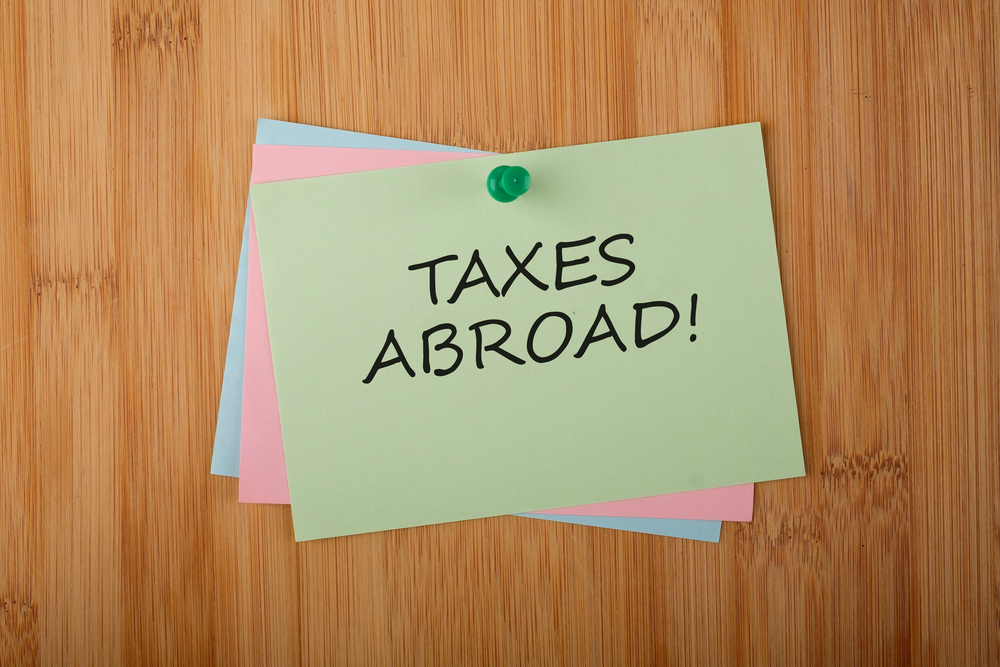If you’re considering a move abroad, it’s a pretty safe bet that you believe that you’ll have to pay taxes to the country you live in. After all, you will be taking advantage of public services and utilities there. It only makes sense that you would have to pay your fair share, right?
What might come as more of a surprise is the fact that as a U.S. citizen, you will have to continue filing American taxes abroad despite current residing abroad. Wherever you venture out in the world and call home, whether a busy metropolis or an isolated island, Uncle Sam wants to see your tax form filed on time every year.
Why?
The short answer is that the United States is one of just two countries that have a citizenship-based tax structure instead of a residency-based system. This often creates confusion among those new to the process because it seems to define reason.
The longer answer is that the U.S. lawmakers have a complicated history with the taxation process. It wasn’t until a Supreme Court decision in 1924 determined that taxing expats on their global income was, in fact, constitutional.
However, that doesn’t mean the debate has stopped. In order avoid the U.S. tax filing requirement, Americans have to renounce their U.S. citizenship – something not many people are willing to do.
Instead debate rages on about how much income can be taxed. In 1926, Congress created the Foreign Earned Income Exclusion, which allowed expats to exclude foreign earnings from their U.S. taxes. Perhaps realizing a huge loophole, in the mid-1960s, lawmakers curtailed the Foreign Earned Income Exclusion a bit, tying the amount of foreign income they could claim up to a specific amount that is adjusted annually for inflation. For 2021, that figure clocks in at $108,700 per person. So, while not all income falls under the Foreign Earned Income Exclusion, for the vast majority of U.S. citizens living abroad, it will greatly reduce the U.S. taxes U.S. citizens pay abroad so long as they claim it by filing Form 2555.
This seems cut and dry, but it is actually anything but. In order to qualify for the Foreign Earned Income Exclusion, you have to pass one of two residency tests. This isn’t just additional red tape for the sake of jumping through hoops. Instead, the government wants to avoid any possible loopholes where a person can claim they live abroad for a short period of time each year just to be able to take advantage of the Foreign Earned Income Exclusion, which is designed to assist more permanent foreign residents.
If you’re still confused about your tax status before or after your move, seek the professional services of a tax preparer that is familiar with expat taxes. Filing your taxes while living abroad can be a complex process, but an expat tax specialist can help you adhere to tax deadlines and avoid any possible penalties.


